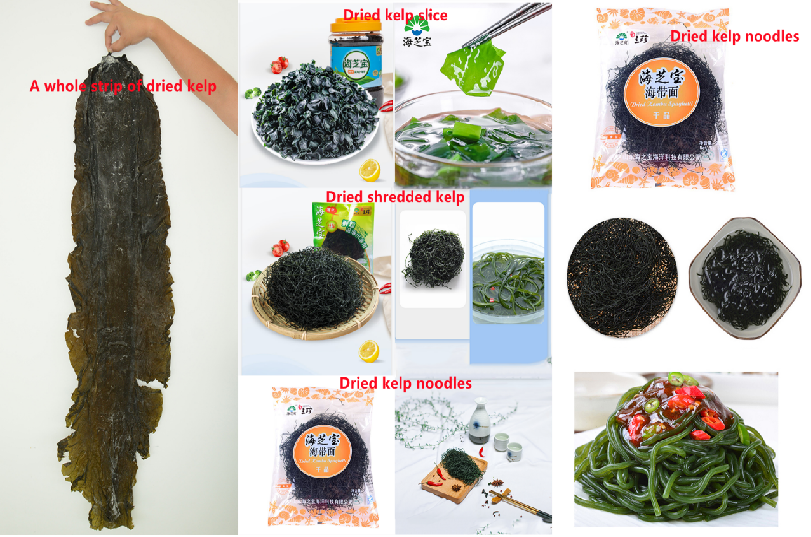Farmers raise chickens "ten do not"
1, do not blindly introduce. Many chicken farmers have the idea of ​​new and better varieties, blindly pursuing new varieties and varieties, without considering the local conditions and feeding conditions of the imported varieties and the market demand. There are also some chicken farmers who only have cheap prices, and some even buy chicks from the affected area. 2. Do not abuse feed additives. Many chicken farmers consider feed additives as a panacea for improving production performance. They are not abused according to the amount of various nutrients contained in the feed. This increases the feed cost of chickens and destroys the balance of nutrients. 3, do not produce prematurely. The laying hens are artificially elicited until they reach the age limit. Since the hens are not yet completely mature, they are susceptible to premature senescence, resulting in a slow rise in the rate of egg production, a short duration in the peak period and some even without the peak period of egg production. Affect egg weight and egg production rate. 4, do not long-term medication. In daily feeding and management, feeding various drugs for a long period of time to prevent chicken diseases not only results in wastage of medicines and damage to chicken kidneys, but also causes resistance to pathogens, which seriously affects the subsequent treatment of diseases. 5, do not blindly medication. There are many chicken farmers once they encounter chicken disease, but instead of asking veterinarians for treatment, blindly taking medications themselves not only delays the illness but also causes waste. 6, do not add material overwork. The chicken's feed needs to be formulated according to the nutritional standards required by the chicken in different growth stages. It is not possible to blindly add nutrients to the feed. Otherwise, the imbalance of nutrients will affect the growth and development of the chicken. 7, do not suddenly reload. When the feed needs to be changed due to factors such as the chicken's growth stage and market price, there must be a suitable transition period. If you suddenly change feed, it will easily lead to stress reactions in chickens, and sometimes even cause death. 8. Do not breed chickens with healthy chickens. If diseased chickens appear in chickens, diseased chickens should be removed and isolated in time; if they are mixed with healthy chickens in the same housing, it is easy to cause spread and spread of the disease. 9, do not emphasize vaccine prevention, light sanitation disinfection. Chicken farmers can generally prevent chicken diseases, but they do not pay much attention to chicken house hygiene, leaving hidden dangers for various infectious diseases. Therefore, before the new chickens are hatched, the chicken house should be completely and thoroughly disinfected. 10, do not keep low-yield chickens. Some chicken farmers value the survival rate too much, and they are reluctant to eliminate the weak chickens, disabled chickens, and old and low-producing laying hens in the flock, resulting in feed wastage and affecting the overall benefits of chicken rearing. Disclaimer: Some articles in this website have been transferred from the Internet. If you are involved in third party legal rights, please inform this website. phone
Dried kelp series is made of Haizhibao deep sea young kelp by drying directly without any addition,so that it can maxmium retains the 23 kinds of nutritions .It turns green when match the water at once with high swelling and especially suitable for making soup.salad or used as fillings,Due to the convenience and easy-storag,it`s a new choice to live healthy and nutritions.
How to eat
The difference between deep sea kelp and traditional ordinary kelp
Dried Kelp Series,Dried Kelp,Dried Kombu,Dried Wakame Seaweed Shandong Haizhibao Ocean Science and Technology Co.,Ltd. , https://www.haizhibaoseafood.com

